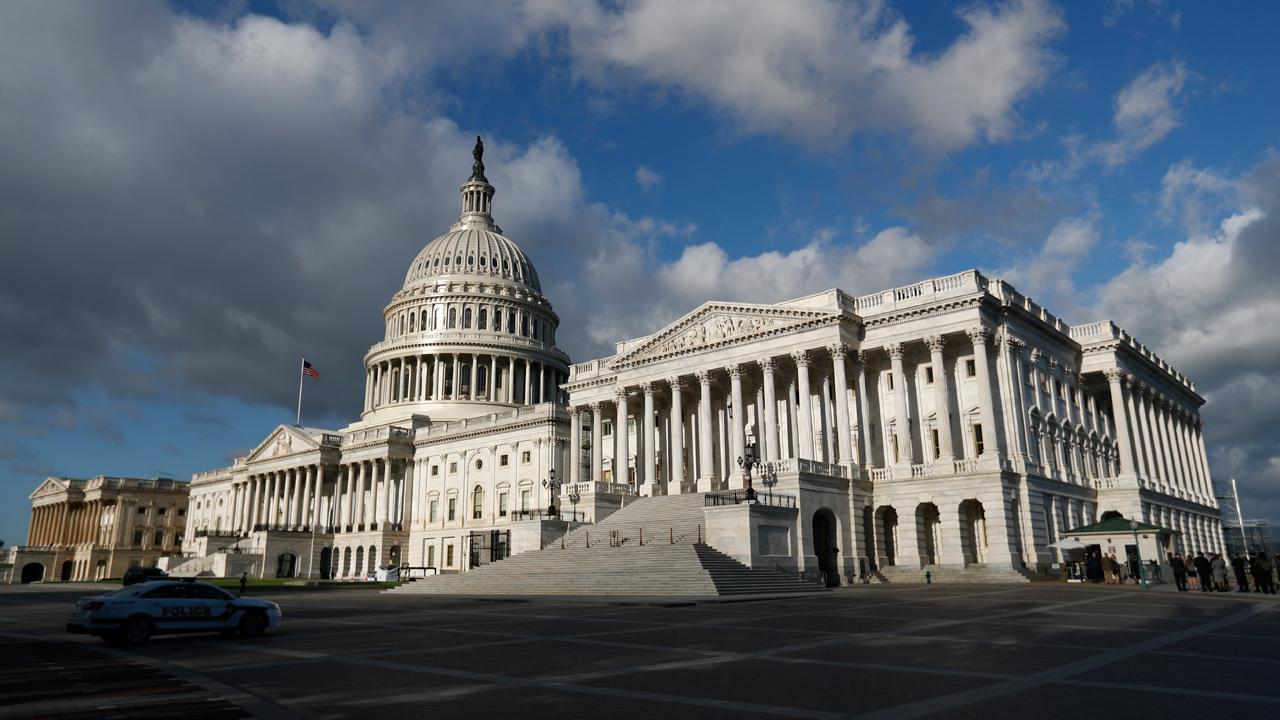White House says tax cuts could add $1.2T to US economy
Continue Reading Below
GOP continues debate on 401(k)s ahead of tax cut deadline
Rep. David Schweikert (R-Ariz.), a member of the House Ways and Means Committee, discusses the GOP’s tax cut plan.
President Donald Trump's top economist is doubling down on claims that corporate tax cuts would spark rapid economic growth and boost incomes.
Kevin Hassett, chairman of the White House Council of Economic Advisers, released a 41-page report on Friday detailing the possible benefits from the administration's goal of slashing the corporate tax rate from 35 percent to 20 percent. The report estimates the reduced rates for businesses could increase the size of the U.S. economy by $700 billion to $1.2 trillion over a decade, while causing average household income to eventually surge by $4,000 annually.
Democratic lawmakers and many economists are doubtful that Trump's tax cuts can deliver the boosts suggested by Hassett. They have said that Hassett cherry-picked his evidence and that most of the benefits from corporate tax cuts would go to wealthy investors rather than middle-class workers.
Continue Reading Below
Advertisement"This is their latest installment of trickle down fairy dust," said Jared Bernstein, a senior fellow at the liberal Center on Budget and Policy Priorities and a former economics adviser in the Obama administration.
<3>More from FOX Business




















